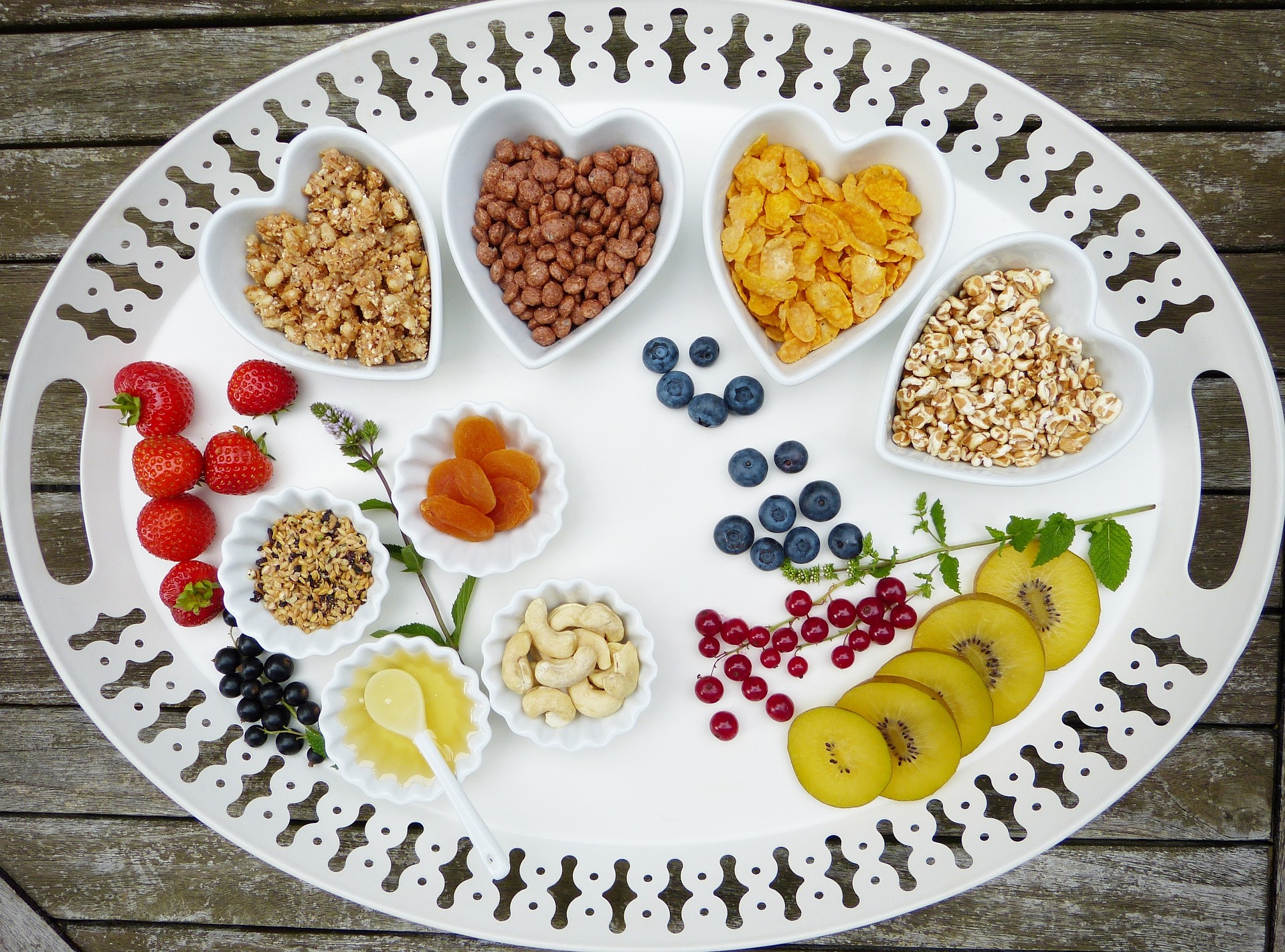The Secrets of Sports Nutrition: Enhancing Performance and Recovery
As athletes strive for peak performance, the role of nutrition in sports has garnered increasing attention. Read below for insights into how optimal nutrition can boost your athletic prowess and support recovery, ensuring you stay at the top of your game.
Understanding Sports Nutrition Essentials
Sports nutrition goes beyond mere sustenance; it’s about fueling the body for optimal performance and recovery. Athletes require a balanced intake of macronutrients (carbohydrates, proteins, fats) and micronutrients (vitamins, minerals) tailored to their specific sport and training regimen. Proper hydration is also crucial to maintain performance and prevent dehydration.
Fueling Performance: The Impact of Macronutrients
Each macronutrient plays a vital role in an athlete’s diet: - Carbohydrates: Provide energy for endurance and high-intensity activities. Opt for complex carbs like whole grains and fruits. - Proteins: Essential for muscle repair and growth. Lean proteins such as chicken, fish, and legumes are ideal choices. - Fats: Serve as a concentrated energy source and aid in nutrient absorption. Focus on healthy fats like avocados and nuts.
Enhancing Recovery: The Role of Timing and Quality
Post-exercise nutrition is pivotal for recovery: - Protein Timing: Consuming protein within 30 minutes after exercise aids muscle repair. Whey protein shakes or Greek yogurt are excellent options. - Replenishing Glycogen: Carbohydrates replenish glycogen stores depleted during exercise. Include a mix of carbs and protein in post-workout meals.
Nutritional Strategies for Endurance vs. Strength Sports
Different sports require tailored nutrition strategies: - Endurance Sports: Emphasize carbohydrates to sustain energy levels. Hydration and electrolyte balance are critical during prolonged activities. - Strength and Power Sports: Focus on high-protein meals to support muscle repair and growth. Adequate hydration aids in muscle function and recovery.
Supplements in Sports Nutrition
While food should be the primary source of nutrients, supplements can complement an athlete’s diet: - Creatine: Enhances short-term performance in high-intensity activities. - Branched-Chain Amino Acids (BCAAs): Facilitate muscle recovery and reduce muscle soreness post-exercise. - Vitamin D: Supports bone health and immune function, crucial for athletes training indoors or in limited sunlight.
Conclusion
Sports nutrition is a cornerstone of athletic success, influencing performance, recovery, and overall well-being. By understanding and implementing tailored nutritional strategies, athletes can optimize their training efforts and achieve their goals effectively. Whether you’re a professional competitor or a fitness enthusiast, integrating optimal nutrition into your regimen is key to unlocking your full athletic potential and maintaining peak performance in the long run.





